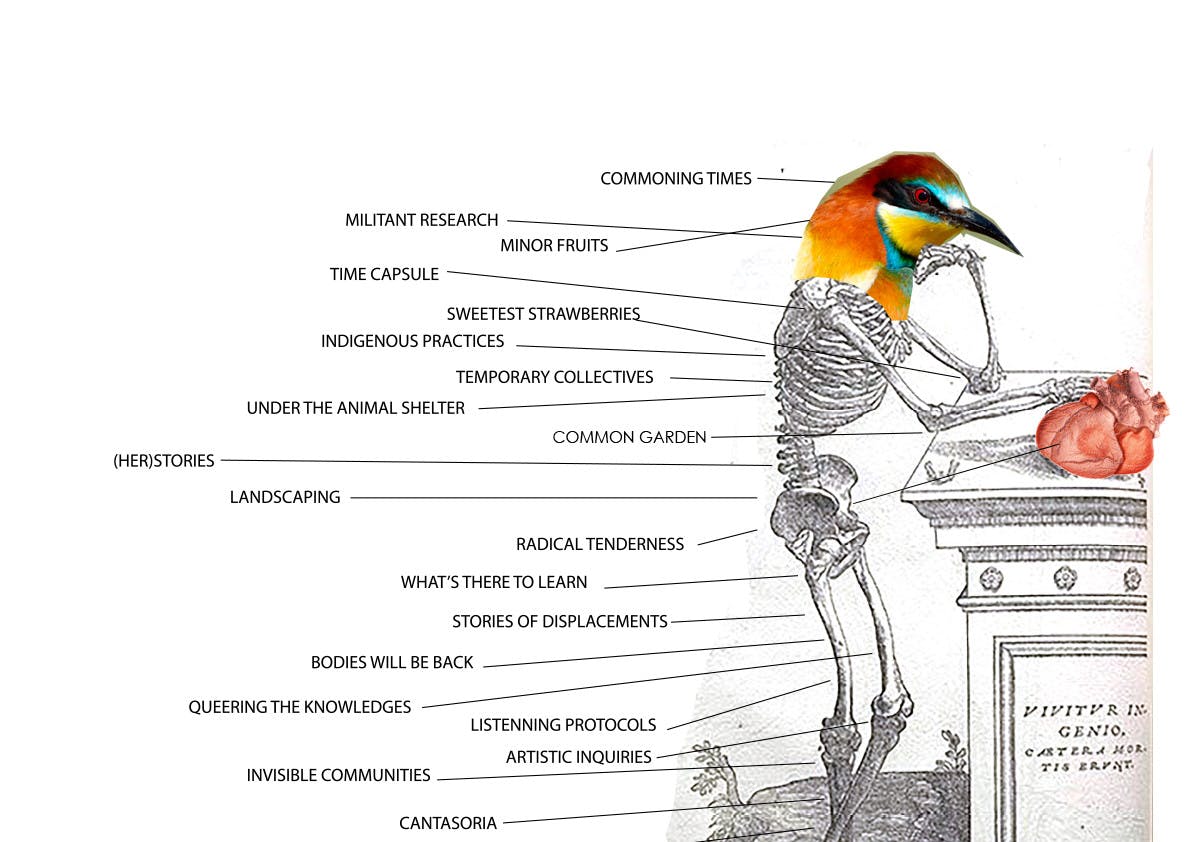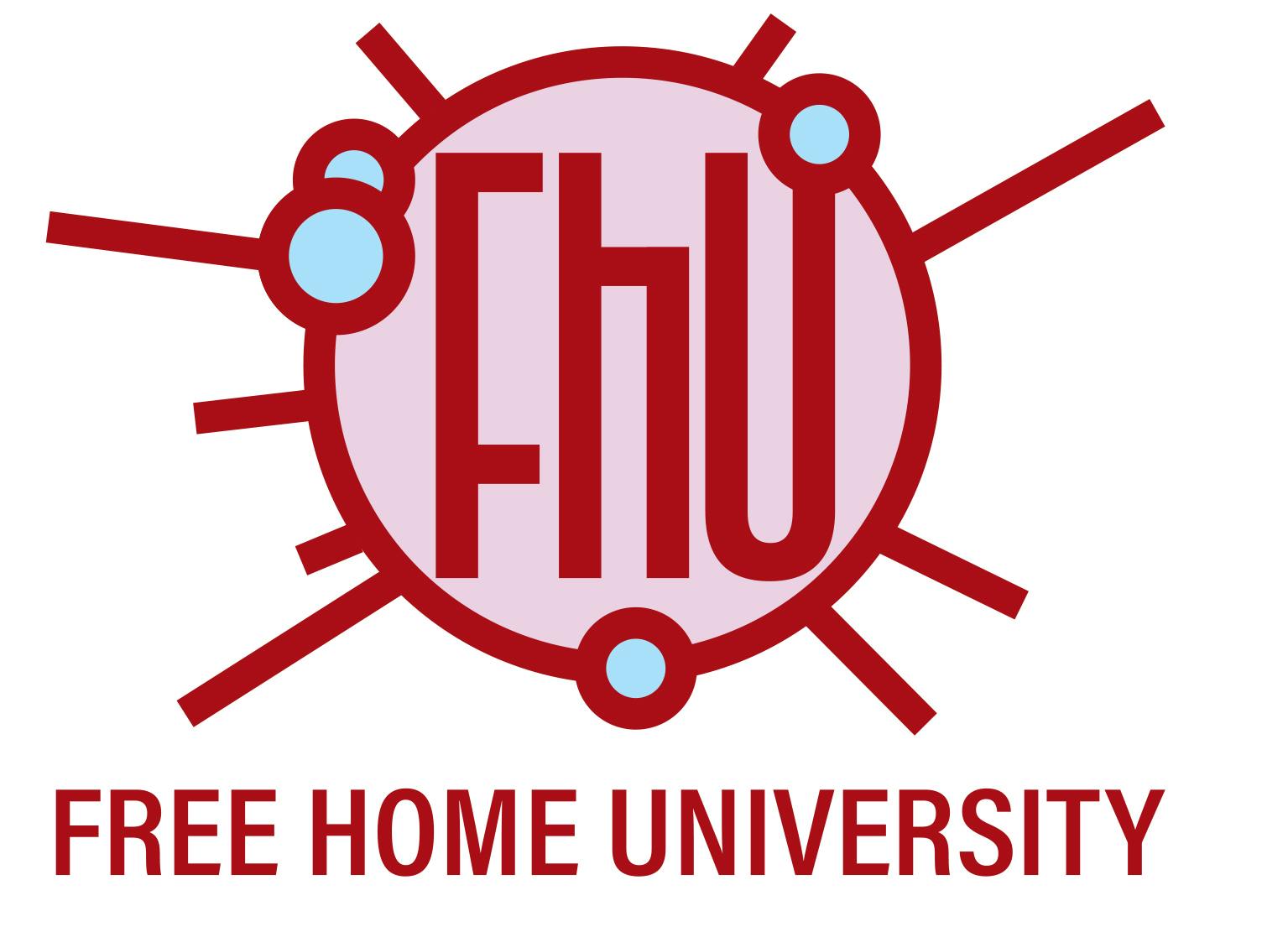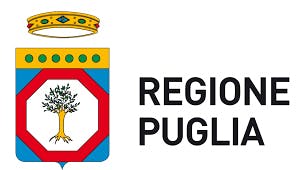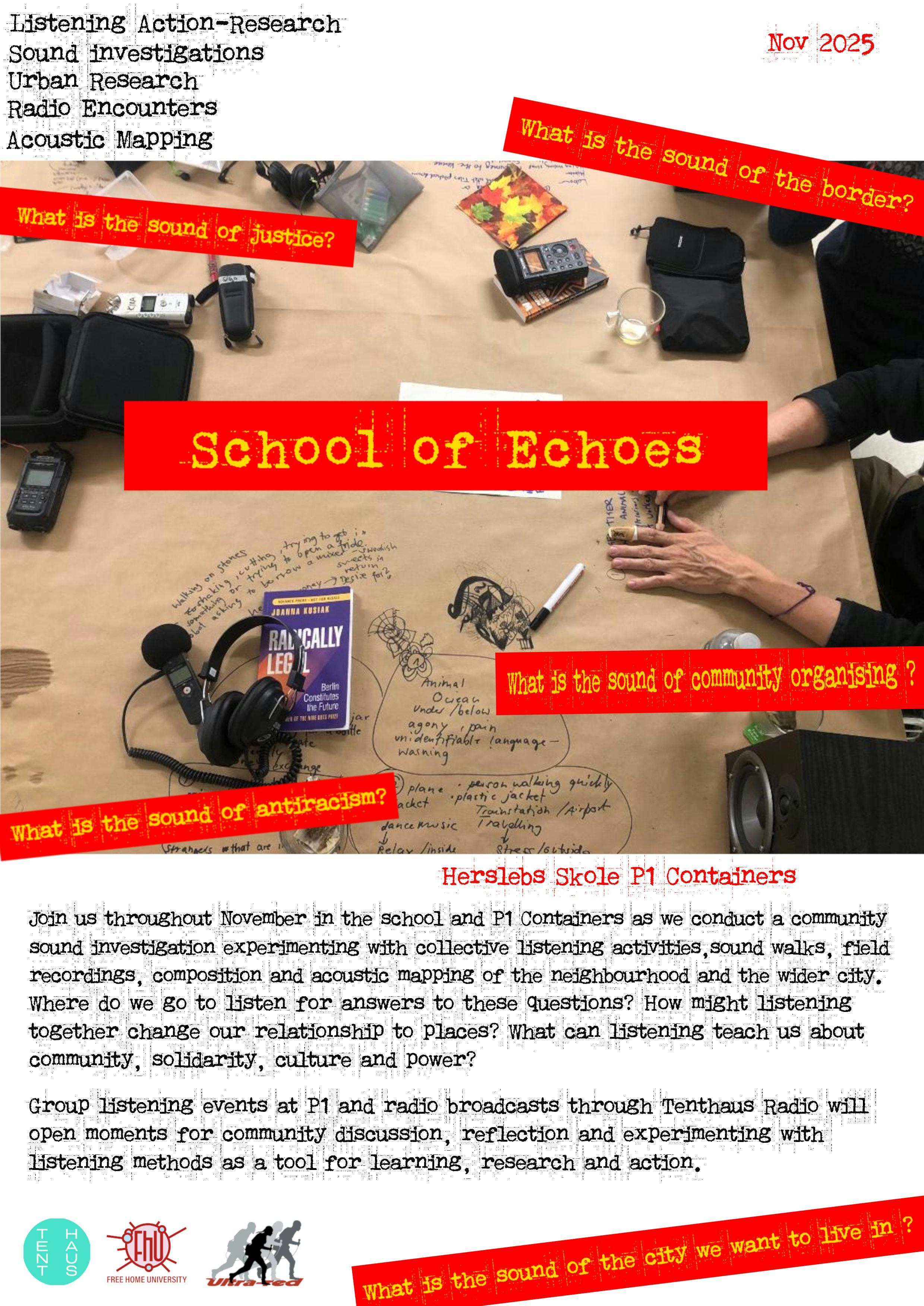BODIES WILL be BACK || proposals and practices
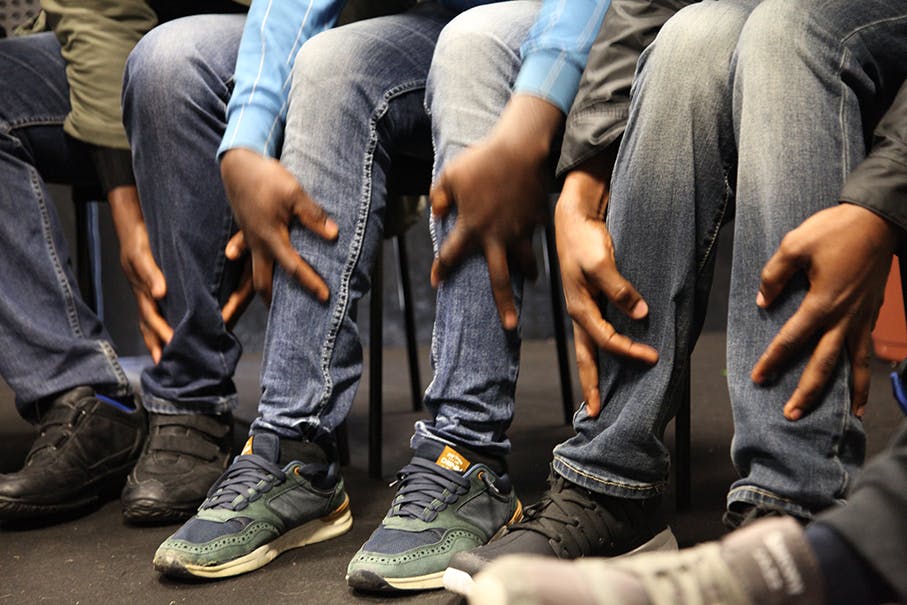
- LaToya Oloruntoyin Manly-Spain
- Dani D'Emilia
- Austine Emanuel
- Friday Okodogbe
- Olga Jitlina
- Alessandra Pomarico
- Nikolay Oleynikov
December | Crocevia, Lecce
The year that just concluded, among other dire events that will have disastrous consequences for the life on our planet, saw 178.277 people crossing the Mediterranean Sea from the Northern African coast line, 3.095 of them died or went missing, while our EU gouvernements passed inhumane anti immigration and deportation laws, built and financed more prison infrastructure and police brutality in Libya, limited the work of humanitarian NGOs rescuing people drowning in the sea, while the Alt-right, neo fascist and neo nazi movements are spreading in every country, and mainstring and social medias bombard us with rhetorics of suspicious, hostility, hate, if not open racism.
Our nations protect free trade of goods, while building walls and militarizing borders to reject people. The system in place in most of our cities to host refugees and asylum seekers resemble lagers, and social policies reiterate racial oppression.
WHAT IS THE RESPONSE OF OUR COMMUNITY?
HOW TO SELF ORGANIZE, RESIST AND EVEN REBEL AGAINST INHUMANE LAWS AND PUSH FOR POLICY CHANGE AND HUMAN RIGHTS SUPPORT?
WHAT CAN WE DO TO EMPOWER THOSE WHO HAVE BEEN DEPLOYED OF ALL HUMANITY?
TO SUPPORT THEIR STRUGGLES IN THEIR OWN TERMS?
TO SHARE THEIR PAIN AND RAGE, TO TRANSFORM IT IN ACTIONS AND HOPE?
THESE WERE SOME OF THE QUESTIONS THAT EMERGED OFTEN IN AN EMBODIED MANNER,DURING THE 2017 WINTER SESSION OF FREE HOME UNIVERSITY IN LECCE.
Working with and alongside young newcomers, asylum seekers, refugees and economic migrants, recalling the many displaced, we continued interrogating History, Colonialism, European’s hegemonic and extractive policies, trying to find ways to support the unfolding of an emergent constituency, from a space of responsibility and unconditional solidarity.
We kept experimenting sharing tactics from artistic and from activism practices, and through performativity, in order to create at the same time a space of intimacy and trust for the group, and a moment to engage a larger public in a political and social justice discourse.
We paid particular attention to personal and collective struggles, learning how they also are intersected and how necessary and urgent is to activate mutual support. We explored how to relate to each other taking in consideration race, gender, class, religion and sexual divides, building collaboration through listening protocols and agreements, acknowledging the complexities of our different positions and backgrounds.
We met daily for the 3-4 hours morning sessions. As most of the refugees attend Italian classes, medical or legal appointments in the afternoon, after a shared lunch, the group would part and we in the house took the time reflect on the process, organize the following sessions, work on emergent material and learn from each other’s experience in a fruitful and deep exchange of ideas,
stories, approaches and strategies. We would then
regroup all together over dinner, cooking for eachother, paying each other visits, and sharing convivial time in our houses, both FHU residency and refugees apartments or hanging out in town together. We felt it was important to introduce our comrades to friendly cafes and venues where they could feel at easy, find free wi-fi and a familial atmosphere, as the issue that was emerging clearly was a persistent problem of racism in the city.
I don’t know,
I don’t know why
there is racism in the bus
I don’t know,
I don’t know why
there is racism in the street
I don’t know,
I don’t know why
there is racism in the church...
our improvised song went on and on as we were adding more and more examples.
LaToya was a compassionate and vigorous leader, who guided the group in the understanding of the personal as political, through an afrocentric vision and a feminist lens. After paying respect and remembering the ancestors, “both white and black”, after inviting us to move around, sing in a call and response mode, and taking turns leading and been led, she open up the floor asking: “What is your struggle?”
She started by telling us her personal story/struggle. Having experienced the migration process, and the asylum seeking bureaucracy when fighting against her daughter’s deportation, she shared how she became an activist in the refugees’ rights fight, how she mobilizes for African women, and how performing art, music and event organizing became a way to build consciousness and a strong solidarity network in Hamburg and in the rest of Germany.
Her story taught us many lessons, but especially shed light and power, and started us off with the passion to advocate for all people rights, and see self organizing mouvements as a way to be in the struggle.
In circle, others started to share their stories. Augustine spoke at length about his travelling from Nigeria, the prisons in Libya, the daily experience of racism in Lecce, the precarity of his conditions, the many difficulties. The rest of the group was invited to react to what was heard, “not shifting away from it, not discussing it, not bringing other stories, but giving a feedback, speaking from and about your own experience and strictly in relationship to what was shared.” It was not easy to respect this requirements, as we tend to talk in other ways and especially we tend not to listen deeply, and that was what the exercise was for.
It was meant to keep us away from generalization, judgment, the impulse to reply right away, the defensiveness, and as a way to avoid the risk to leave people in vulnerable conditions. Later on, I understood that carried this way, this specific protocol of listening and reflecting was the premise for any restorative justice that our group could gesture by being there together.
It was not only the refugees who told their stories. Struggles from local women where also shared, showing the mechanisms of oppressions also across different privileges: sexism, patriarchy, poverty, mental health situations, forms of racisms because of their Southern Italian origins, displacement, difficulties to conform to heteronormative family structures, or struggles related to queerness also emerged.
We concentrated in this activity for several days, with trust and courage and our different discomforts and pain. When we digged too much in sadness, some other assignments would be prompted on us, to help us switch and not to go back home with a sense of despair.
Always, the sharing of stories/ struggles were opened and closed by vocal and rhythmic exercises, invocations and chanting from the Yoruba tradition.To center around this pre-colonial afro vision, having the European component entering something we didn’t know or understood, created a tangible and important shift in the usual power dynamics around the control of space and discourse. This change of perspective was done with steady, clear awareness and careful guidance. It was not just a simple reversed act of silencing one side over the other (as it usually happens in Eurocentric spaces) but a sensitive invitation to abandon our point of view or suspend our habits and allow other ontologies to work out our historically reiterated separation. It was an “unapologetic” turn - as our beloved Michael would say- who consciously took out the blamatory, preachy, guilt-provoking lesson and instead provided a space for difficult conversation to happen in acceptance of each other.
A sense of balance and mutual support structured the space, also the way in which Dani and Latoya shared this call, and took turns in leading. Dani generously trusted Latoya as a guide i setting this particular conditions of our gathering, intervening when when some theatrical games helped release the tension, bring up the energy, or find a bodily connection. Dani helped expand and feel in the body what conversation were bringing up with words and voices: for example when the exercises she proposed helped visualized how certain struggles were shared across differences ( “stand up close to the person that is naming something you also have experienced)
As we advanced, day after day, Dani and Latoya started to put together a sort of dramaturgy with the material that emerged in the sessions.”
* Bodies Will be Back is the song by Schwabinggrad Ballett and ARRiVATi (Hamburg)
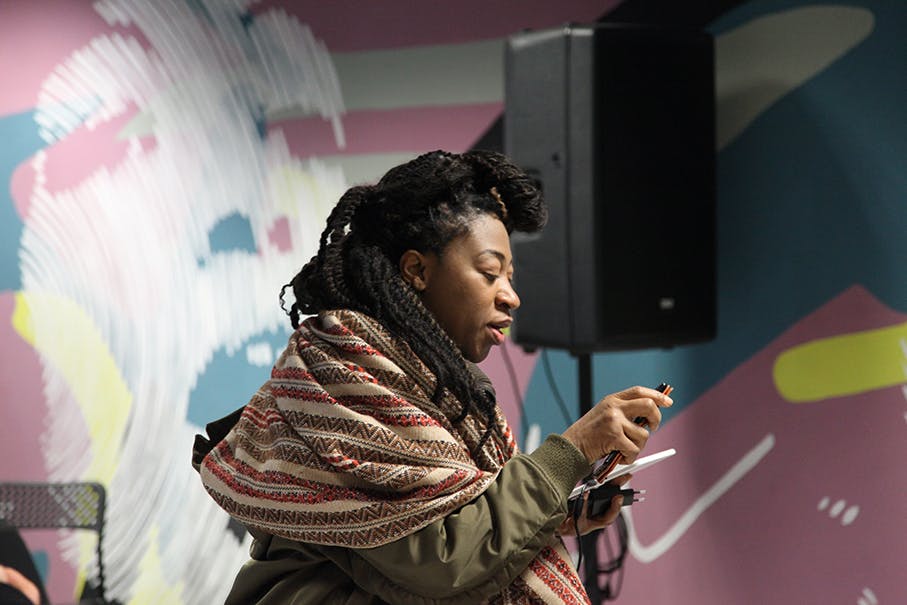
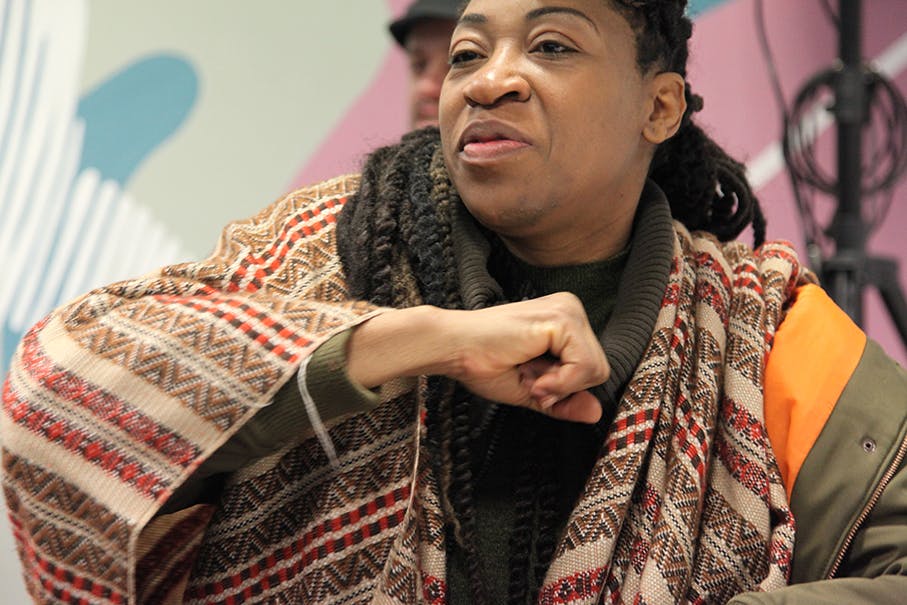 BODIES WILL BE BACK || a song
BODIES WILL BE BACK || a song